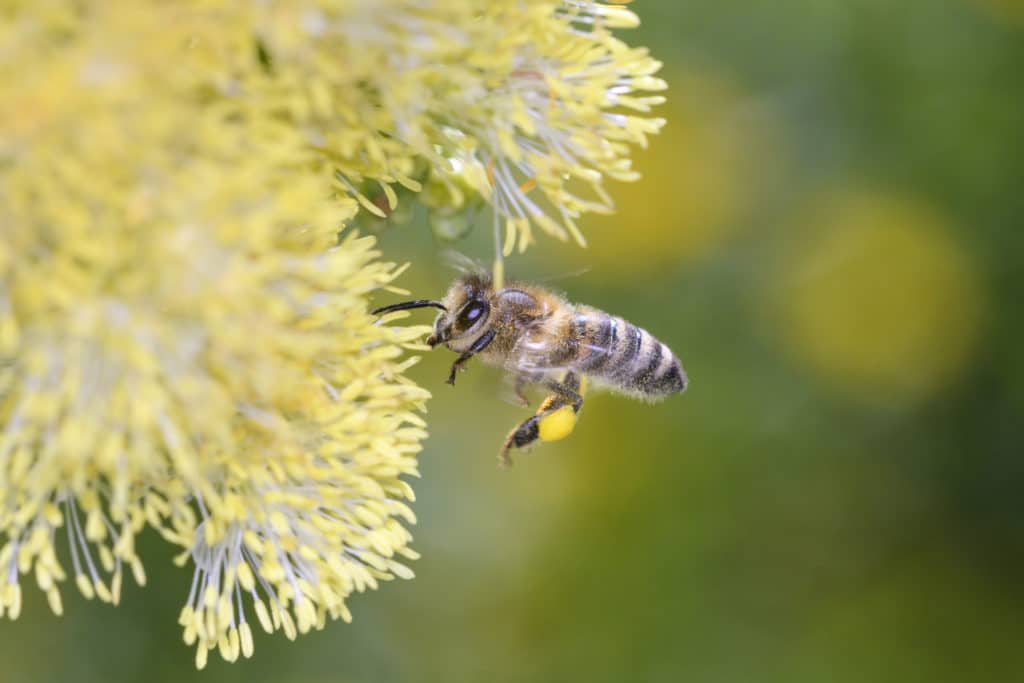Recent studies in Science and The International Journal of Environmental Sciences & Natural Resources (IJESNR) have revealed some significant findings on climate change and insects. As the earth warms up (even by as much as 2℃), the effect it can have on the insect population is serious. This translates to consequences for humans too.
According to IJESNR, climate change is “the significant variation that has occurred in the global temperature, precipitation, wind patterns, humidity and other parameters of the earth’s atmosphere over several decades”. This significant variation has impacts on earth’s millions of insects.

Increase in Temperature Effect on Insects
An increase in the earth’s temperature greatly affects insects.
- They are exothermic so they respond to the temperature around them.
- They become more active in warmer temperatures.
- As they are more active, their metabolism speeds up (raises energy consumption rates).
- As their metabolism speeds up, they reproduce faster (reduce pupation time).
This increased population of insects can wreck havoc on vegetation and humans. And as the warmer temperature may cause a decrease in the population of natural predators, insects thrive unchecked.
Increase in CO2 Effect on Pests
Just as insects’ metabolism is speeding up, plant growth is rising to meet it. The increase in CO2 that contributes to the rising temperatures also raises the sugar levels in plants. This results in plants that are extremely attractive to sugar-loving pests. More food means more fuel for the fast-growing insects.
This large, hungry population of insects is primed to create damage, particularly to crops but also to home gardens.
Increase in Migration Effects on Insects
As their environment warms, insects, germs, and microbes will have a tendency to move out of tropical regions near the equator and head toward the poles. Regions in temperate areas will begin to experience an increase in pest populations. Those warmer regions will be denied the presence of their native insects while once cooler regions will be inundated.
Climate change seems posed to create a perfect storm for insect explosion in Washington: fast growing insects with access to an abundant food source and without natural predators to check their growth.
What You Can Do
Do your part to reduce greenhouse gasses. Use renewable energy: carpool, bike, walk, take public transportation. Combine trips to reduce the amount of time on the road. Make sure your home is energy efficient. Use less water, turn off the lights, insulate your home, buy energy efficient appliances. And, of course, reduce, reuse, recycle. Even small steps can add up.
In addition, reduce the attractiveness of your home or business to pests by practicing good mitigation techniques. Remove rotten debris or organic matter, eliminate standing water, encourage natural predators, and enlist the help of experts.
Stay on top of insect and pest infestations by contacting Cascade Pest Control at 888-989-8979.



